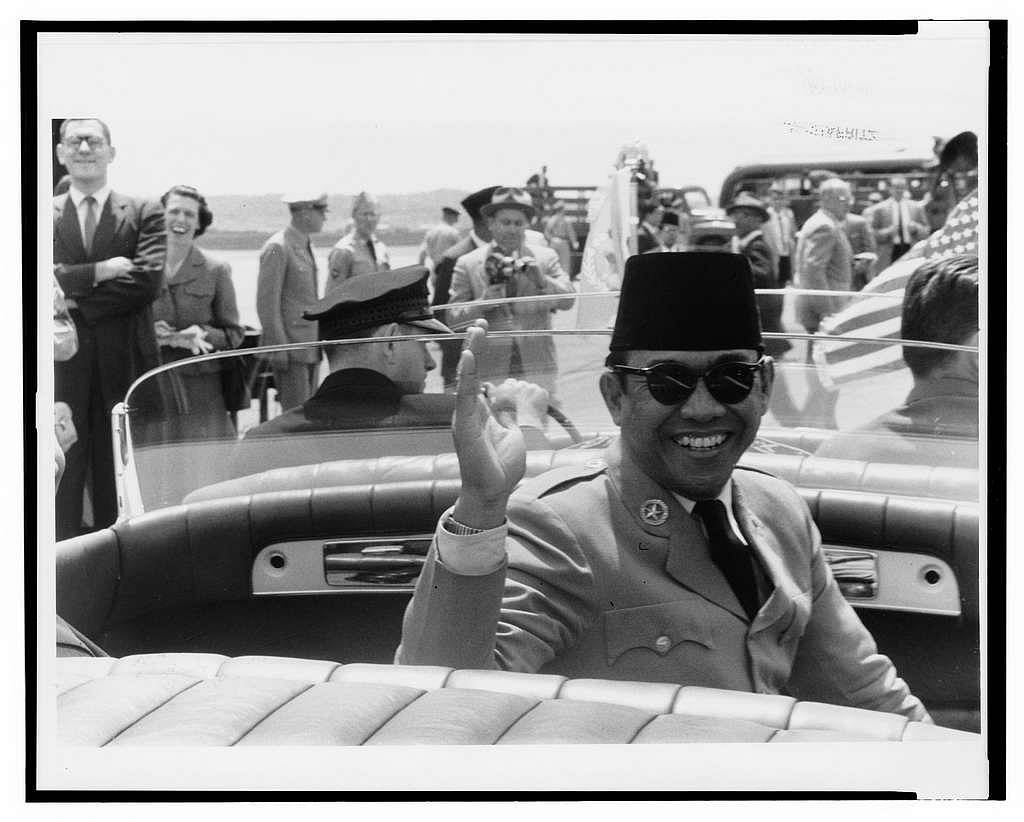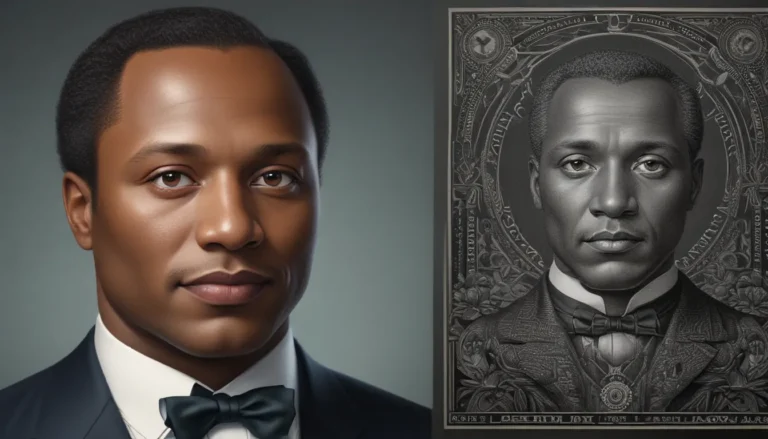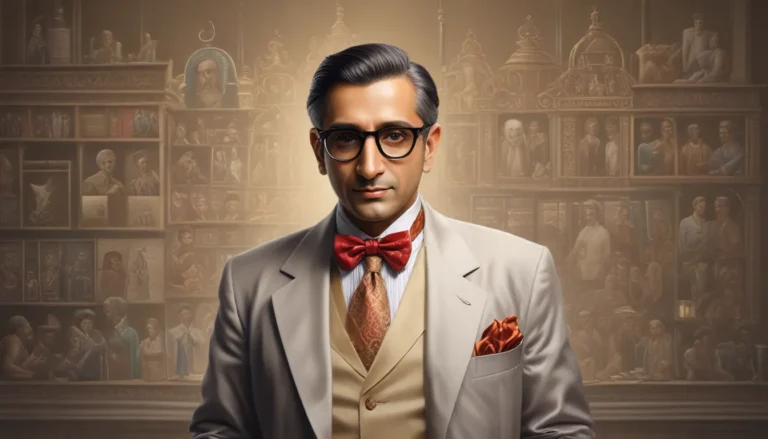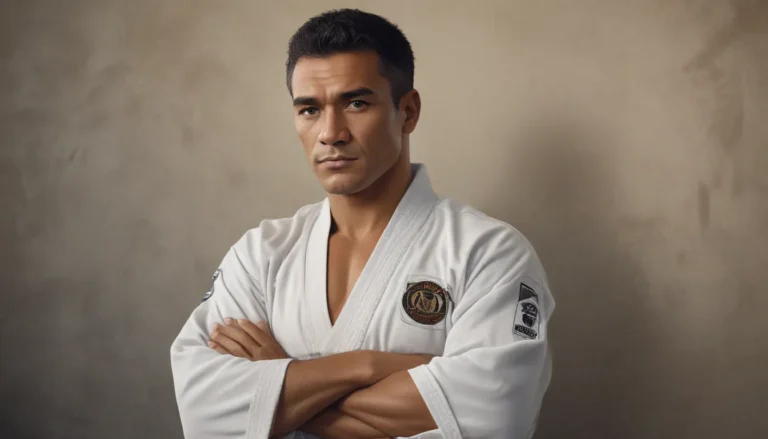The images in our articles may not match the content exactly. They are used to grab your attention, not to show the exact details in the text. The images complement the text but do not replace it.
Sukarno, the inaugural President of Indonesia 1, was not just a political figure but a multifaceted individual with numerous accomplishments that shaped the nation’s history. His charisma, leadership, and dedication to Indonesia’s independence have left an enduring mark on the country. Join us as we explore the extraordinary life of Sukarno through these ten intriguing facts that illuminate his complex personality and lasting legacy.
Sukarno’s Presidential Reign
Sukarno, affectionately known as “Bung Karno,” held the prestigious title of Indonesia’s first President from 1945 until his presidency ended in 1967. During his tenure, Sukarno played a crucial role in steering Indonesia towards independence from Dutch colonial rule, solidifying his position as a national hero.
The Charismatic Orator
One of Sukarno’s most defining characteristics was his exceptional oratory skills. Through powerful and inspiring speeches, he captured the hearts of the Indonesian people, rallying support for his vision of a unified nation. Sukarno’s charisma drew massive crowds and solidified his status as a revered leader.
Architect of the Pancasila Ideology
Sukarno’s legacy extends beyond his political leadership to the development of the Pancasila ideology, a set of principles that became the cornerstone of Indonesia’s national unity. Emphasizing social justice, democracy, and religious harmony, Pancasila remains a fundamental guiding force in Indonesian society.
Champion of Decolonization
Sukarno was a staunch advocate for the decolonization of nations and played a pivotal role in the Non-Aligned Movement. His unwavering support for self-determination and independence resonated globally, shaping the landscape of post-colonial nations.
Promoter of Indonesian Culture
Throughout his presidency, Sukarno prioritized the preservation and promotion of Indonesian culture. From arts and literature to traditional music and dance, he sought to strengthen the country’s national identity by celebrating its rich cultural heritage.
Infrastructure Development Initiatives
Under Sukarno’s leadership, Indonesia underwent significant infrastructure development. Projects such as the iconic National Monument (Monas) 2, expansive highways, and the establishment of state-owned enterprises aimed to modernize the country and improve the lives of its citizens.
Flamboyant Fashion Icon
Sukarno’s flamboyant style and love for traditional Indonesian attire were not just sartorial choices but reflections of his deep sense of national pride. His colorful outfits and signature wardrobe became synonymous with his passion for embracing Indonesian culture.
Political Turbulence and Challenges
Despite his numerous achievements, Sukarno faced political challenges during his presidency. Factionalism, communist uprisings, and ideological clashes tested his leadership, underscoring the complexities of governing a diverse nation.
Deposition and House Arrest
In 1967, Sukarno was removed from power by the military-backed Suharto regime, leading to his placement under house arrest until his passing in 1970. Despite his political downfall, Sukarno’s legacy as a national hero endures, with his contributions celebrated by Indonesians to this day.
The Legacy of Sukarno
Sukarno’s impact on Indonesia transcends his presidency, as he remains a revered figure in the nation’s history. His unwavering dedication to independence, cultural identity, and social justice continues to inspire generations, underscoring the enduring legacy of this extraordinary leader.
FAQs About Sukarno
Major Achievements: Sukarno’s major accomplishments included leading Indonesia to independence, serving as its first President, and promoting unity and national identity.
Cultural Influence: Sukarno shaped Indonesia’s culture by promoting traditional arts, music, and literature while actively suppressing foreign influences.
Non-Aligned Movement: Sukarno was instrumental in founding the Non-Aligned Movement, which aimed to unite independent nations and maintain neutrality during the Cold War.
Lasting Legacy: Sukarno’s legacy lies in his advocacy for nationalism, social justice, and cultural identity, which continue to shape Indonesia’s development.
Exploring the life of Sukarno unveils a tapestry of achievements, challenges, and enduring contributions that have left an indelible mark on Indonesian history. His legacy of unity, cultural preservation, and unwavering commitment to independence serves as a testament to the power of determination, conviction, and love for one’s country in shaping a nation’s destiny.







